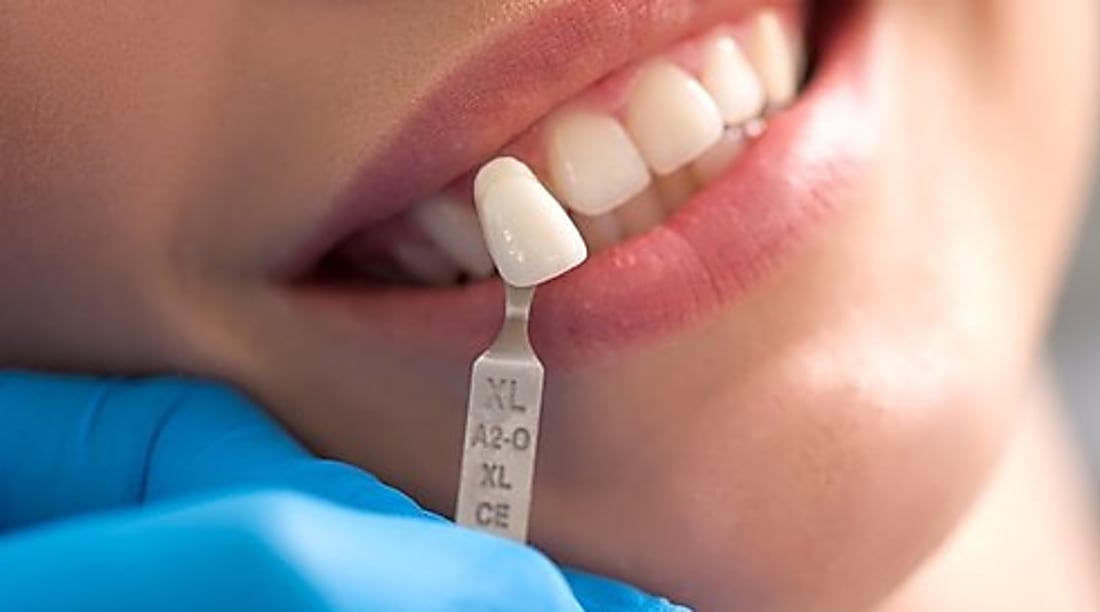Everything You Need to Know About Dental Implants in United Kingdom: Options And Prices
Dental implants have revolutionized modern dentistry in the United Kingdom, offering a durable and aesthetically pleasing solution for replacing missing teeth. Unlike traditional dentures or bridges, dental implants provide a permanent foundation for replacement teeth that look, feel, and function like natural teeth. This comprehensive guide explores the various dental implant options available across the UK, their associated costs, and important considerations for patients considering this investment in their oral health. Understanding these fundamentals can help you make an informed decision about whether dental implants are the right choice for your specific dental needs.

What Are Dental Implants and How Do They Work?
Dental implants are titanium posts surgically inserted into the jawbone beneath the gums to replace the root portion of missing teeth. Once placed, these biocompatible metal fixtures fuse with the natural bone through a process called osseointegration, creating a sturdy foundation for artificial teeth. The complete dental implant system consists of three main components: the implant (titanium post), the abutment (connector piece), and the crown (visible replacement tooth).
The implant procedure typically takes place over several months and involves multiple stages: initial consultation and planning, implant placement surgery, healing period, abutment placement, and finally, attachment of the permanent crown. This methodical approach ensures proper integration and long-term success. Most dental implants in the United Kingdom use titanium due to its proven compatibility with human tissue and excellent durability, although newer zirconia options are becoming available for patients with specific metal sensitivities.
Common Dental Implants Options Available in the UK
The UK dental market offers several implant options tailored to different clinical situations and patient needs. Single-tooth implants are designed to replace individual missing teeth without affecting adjacent natural teeth. For patients missing multiple teeth, implant-supported bridges can span gaps using fewer implants than individual replacements would require.
All-on-4 or All-on-6 implants represent an innovative solution for those needing full-arch replacement, using just four or six strategically placed implants to support an entire arch of replacement teeth. This approach has become increasingly popular as it reduces treatment time and overall cost compared to traditional methods requiring 8-10 implants per arch.
Mini dental implants (MDIs), with their smaller diameter, provide alternatives for patients with insufficient bone density who might otherwise require bone grafting. Same-day implants (immediate load implants) allow for the placement of a temporary crown immediately after implant surgery, though these are suitable only for patients meeting specific clinical criteria regarding bone quality and quantity.
Factors Affecting Dental Implants Prices in the UK
Dental implant prices in the United Kingdom vary widely based on several key factors. Geographic location significantly impacts cost—London and the Southeast generally command premium prices compared to the Midlands or Northern regions, with differences sometimes reaching 30-40%. The dentist’s expertise and qualifications also influence pricing; specialists with advanced implantology credentials typically charge more than general practitioners offering implant services.
The complexity of each case plays a major role in determining costs. Patients requiring preliminary procedures like bone grafting, sinus lifts, or extractions face additional expenses. The type of implant system used also affects pricing—premium brands like Straumann, Nobel Biocare, or Dentsply Sirona generally cost more than lesser-known systems but may offer superior long-term results and better warranty protection.
Material choice for the final restoration impacts the overall investment as well. Zirconia crowns typically cost more than porcelain-fused-to-metal options, while full-porcelain restorations represent a middle-ground option balancing aesthetics and durability. Many UK practices also offer different financing options and payment plans to make treatment more accessible, though these arrangements may affect the final price through interest or administration fees.
Typical Dental Implants Prices in the United Kingdom
Understanding the current price ranges for dental implants helps patients plan financially for their treatment. While costs vary by provider and region, this overview provides general guidance on what to expect when seeking implant treatment in the UK.
| Treatment Type | Description | Price Range (£) |
|---|---|---|
| Single Tooth Implant | Complete treatment including implant, abutment, and crown | £2,000 - £3,500 |
| Multiple Implants (per implant) | Price per implant when placing several | £1,800 - £3,000 |
| All-on-4/All-on-6 | Full arch replacement using 4-6 implants | £8,000 - £14,000 per arch |
| Implant-Supported Dentures | Removable overdentures secured by 2-4 implants | £5,000 - £10,000 |
| Additional Procedures | Bone grafting or sinus lift | £500 - £2,500 |
Prices, rates, or cost estimates mentioned in this article are based on the latest available information but may change over time. Independent research is advised before making financial decisions.
Many patients compare these prices with those offered abroad in countries like Turkey, Hungary, or Poland, where costs can be 50-70% lower. However, potential savings must be weighed against travel expenses, accommodation costs, follow-up care challenges, and warranty considerations when treatment complications arise.
NHS vs. Private Dental Implants in United Kingdom
The National Health Service (NHS) offers extremely limited coverage for dental implants, typically restricting them to specific clinical situations like post-cancer reconstructive treatment, severe congenital dental abnormalities, or cases of extreme trauma. For most patients, dental implants remain primarily a private treatment option in the UK healthcare system.
NHS Band 3 treatment (currently £282.80 in England) may cover dentures and bridges as alternatives to implants, but rarely includes implant therapy itself. Private dental practices throughout the UK offer varying implant packages, with some providing comprehensive care while others itemize each treatment component separately. Many private clinics now offer interest-free payment plans spreading costs over 12-24 months to make treatment more financially accessible.
When comparing NHS and private options, patients should consider not just immediate costs but also long-term maintenance expenses and restoration longevity. Private treatment typically offers more choice regarding implant systems, restoration materials, and aesthetic considerations that might not be available under NHS constraints.
How to Choose the Right Dental Implant Provider in the UK
Selecting an appropriate implant provider requires careful consideration of several factors. Verify the dentist’s qualifications and experience by checking their registration with the General Dental Council (GDC) and inquiring about their specific implant training and case completion numbers. Review before-and-after cases of previous patients to assess the quality of work, and read testimonials or independent reviews on platforms like Trustpilot or Google.
Inquire about the specific implant systems used and their warranty policies—reputable providers should offer comprehensive warranties on both the implant fixture and restoration components. During consultation, evaluate how thoroughly the dentist explains treatment options, potential complications, and maintenance requirements. A transparent approach to pricing without hidden costs is another hallmark of reputable practices.
Consider the practice’s technology and facilities, including whether they have onsite surgical capabilities, 3D imaging for precise planning, and options for various sedation levels if needed. Ultimately, personal rapport and communication style remain important factors, as dental implant treatment represents a significant investment of time and resources that requires mutual trust between patient and provider.
This article is for informational purposes only and should not be considered medical advice. Please consult a qualified healthcare professional for personalized guidance and treatment.




